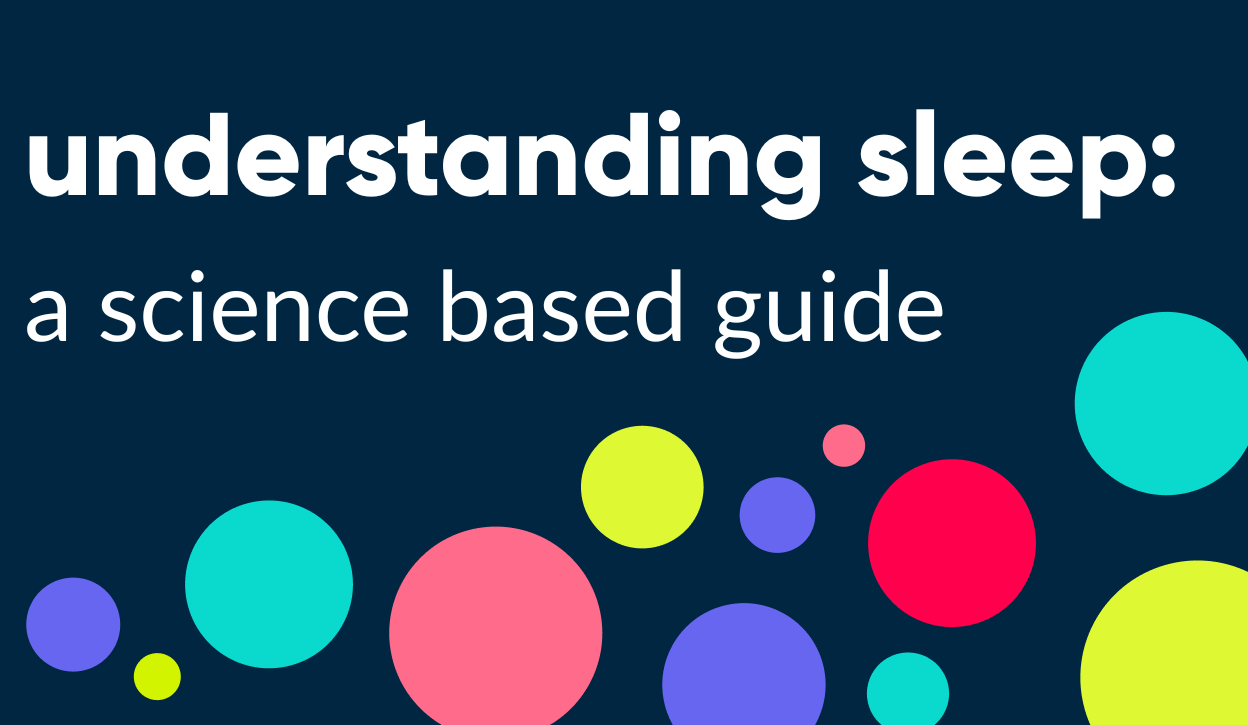
Sodium often gets a bad rap, but did you know it’s actually essential for your health?
From nerve signals to fluid balance, sodium plays a big role in how your body functions. But like many good things, too much, or too little, can cause problems.
Let’s break down what sodium does, what your blood test might be telling you, and how to strike the right balance in your diet.
🧠 What Does Sodium Do?
Sodium is an electrolyte, meaning it helps conduct electricity in your body. It plays a key role in:
- ⚡ Nerve and muscle function
- 💧 Fluid and blood pressure regulation
- 🧬 Maintaining pH and electrolyte balance
Most of your sodium lives in your blood and around your cells, working constantly to help your body communicate and stay hydrated.
🧪 What Is a Normal Blood Sodium Level?
A typical blood sodium level falls between:
👉 135 to 145 mEq/L (milliequivalents per liter)
Your doctor might measure this in a basic metabolic panel (BMP). If levels fall outside this range, it may suggest hydration issues, kidney problems, hormonal imbalances, or medication effects.
⚠️ What Happens If Sodium Is Too High?
Too much sodium in your diet—or in your blood—can lead to health risks:
- High blood pressure (hypertension)
- Increased risk of heart disease and stroke
- Fluid retention and swelling
- Kidney strain
This often happens when people consume excess processed or salty foods and not enough water or potassium-rich foods (like fruits and veggies).
In bloodwork, very high sodium (hypernatremia) is more likely due to dehydration or loss of water, rather than too much dietary salt.

⚠️ What Happens If Sodium Is Too Low?
Low sodium levels (hyponatremia) can occur when:
- You drink too much water without electrolytes
- You lose sodium through sweating, vomiting, or certain medications
- You have kidney or hormonal imbalances
Symptoms can include:
- Headache
- Nausea
- Fatigue
- Confusion
- In severe cases: seizures or coma
This condition is more common in endurance athletes, the elderly, or people on certain medications like diuretics.
🍽️ How Much Sodium Do You Actually Need?
The recommended daily sodium intake for most adults is:
👉 2,300 mg or less per day
(That’s about 1 teaspoon of table salt)
However, the average American eats closer to 3,400 mg per day—mainly from processed and packaged foods.
✅ Tips for Finding the Right Sodium Balance
- Read Nutrition Labels
Watch for high-sodium foods (>20% Daily Value). Choose “low sodium” options when possible.
- Limit Processed Foods
Most sodium comes from processed meats, soups, snacks, and fast food—not from your salt shaker.
- Stay Hydrated
Proper hydration supports sodium balance and reduces strain on your kidneys.
- Use Salt Purposefully
Add a little sea salt or iodized salt to home-cooked meals, especially if you exercise heavily or sweat a lot.
- Replenish After Exercise
If you sweat a lot, especially during endurance activities, consider electrolyte drinks or salty snacks to maintain balance.
🧂 Final Thoughts
Sodium is not your enemy—it’s a vital nutrient. But like all good things, it’s best in moderation.
🧠 Understanding your sodium intake, your lab values, and your hydration habits empowers you to make smarter health choices—without fear or confusion.
Balance is the goal. And now, you’re equipped to find it. 💪
#StayInformed #HealthLiteracy #SodiumBalance #Electrolytes #NutritionTips #KnowYourLabs #SmartSalt #WellnessEducation #HealthyChoices
Galvan Nodes and the IZE Blockchain are governed by a Distributed Governance Framework, which is distinct from and not solely controlled by Galvan DAO LLC. Any value derived from Galvan Nodes and IZE Digital Rewards is likely to be uncorrelated with the success or failure of Galvan.
Galvan does not sell tokens. The IZE Blockchain, which is governed by Galvan Node Owners, self-governs the distribution of tokens. Tokens are earned in exchange for work and action on the IZE Blockchain. The token is designed to have utility on the Galvan platform for the purchase of Galvan’s products and services. The token is not an investment product and may never have any value outside of the Galvan platform. Galvan Node Owners should not expect to recognize any value from the token other than its utility with Galvan. Galvan does not anticipate correlation between the token value and Galvan’s business activities.
This article may contain forward-looking statements that involve substantial risks and uncertainties. Forward-looking statements discuss plans, strategies, prospects, and expectations concerning the business, operations, markets, risks, and other similar matters. There may be events in the future that we cannot accurately predict or control. Any forward-looking statement contained herein speaks only as of the date on which it is made. Factors or events that could cause our actual results to differ may emerge from time to time, and it is not possible for us to predict all of them. We do not plan to update or revise publicly any forward-looking statements except as required by law.













